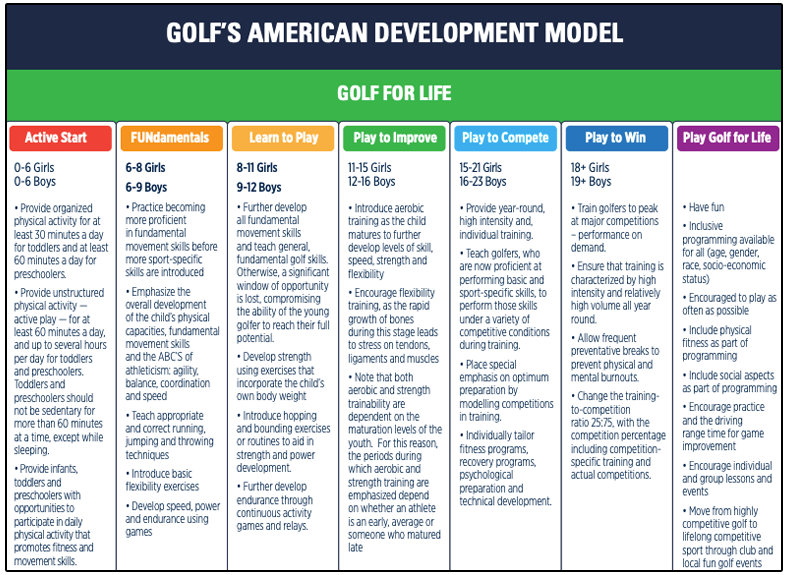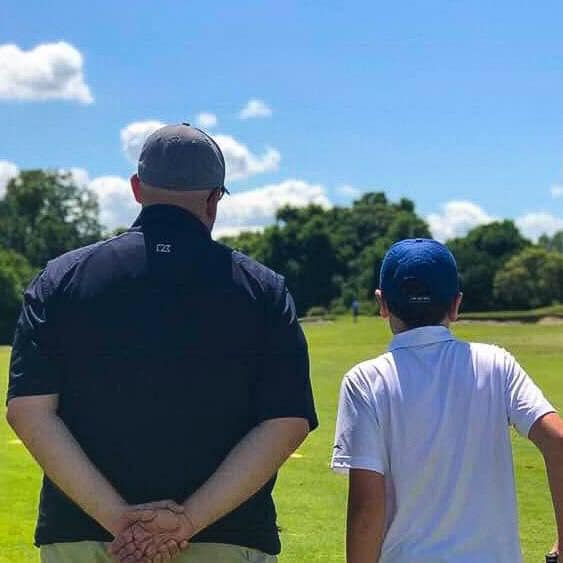Here’s what we cover:
My story originally appears on PGA.com on 10/8/21
Over the next few weeks, I am excited to share my insights on navigating your young golfer, or soon-to-be young golfer’s journey through the game. Many of my thoughts come from years of observation as a successful youth golf coach combined with concepts I have learned more recently through my PGA.Coach ADM training.
As coaches and parents of youth players, it is important to be mindful that we provide a positive environment or we risk losing the opportunities to teach them valuable life lessons through golf. Failure to do so may create a situation where kids will not want to participate in the game at all.
I stress having fun and enjoying the golf experience as a whole in my coaching principles. This is not just something I stress as a means of promoting the game, it is truly a cornerstone of my coaching and teaching.
To begin, in this 8-part series, I wanted to emphasize the importance of recognizing where your junior golfer falls, according to age, and in terms of ADM, as well as where they may be specifically as an individual based on their current skill set.

Regardless of how fast a young golfer may develop their skills, the mental and emotional characteristics that we typically see based on age, do indeed remain the same for most. While children are in the Learn to Play and Play to Improve levels, and for some, even in the Fundamentals level of development, it is my belief that it is absolutely OK to allow them to compete. What is important in these cases however is to keep in mind why kids play sports in the first place, and that is to have fun. You can never lose sight of that.
A Realistic Assessment of your Child’s Game
If you have a child that is showing a great deal of promise and you are thinking about, or they are asking you about, competing, I would suggest to you the following…
- If they do not currently work with a PGA Coach, find one and see if they can give you a true assessment of your young golfer’s skills.
- Take your child out to a junior golf event to watch and see how other juniors in their age group play in competition.
- Make sure that your junior golfer understands and plays by the rules of the game. This is not just for the sake of the integrity of golf, but more so to ensure they, and you as the parent, have an enjoyable experience while competing.
- Most importantly, make sure having fun and enjoying the experience — above all else — is at front of mind. This is one of the key components of ensuring the journey continues in a positive way.


